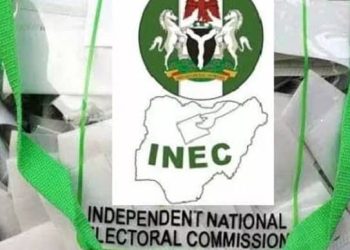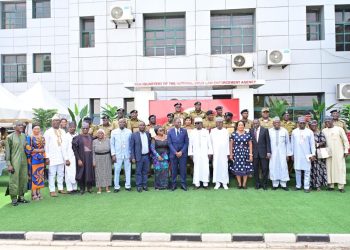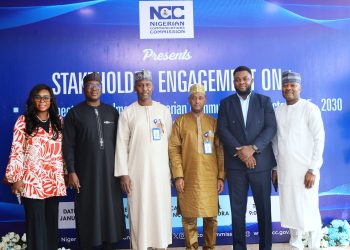By: Mnena Iyorkegh, Abuja
The UN Educational, Scientific and Cultural Organisation (UNESCO) has reiterated committed to supporting Nigeria fast track the attainment of the SDG 4, by building the capacity of entities in charge of curricula development which is critical to achieving SDGs and at the heart of education.
The Head of Office UNESCO in Nigeria, Mr Abdourhamane Diallo, disclosed this at a workshop on Capacity Development Training of Executives of the Federal Ministry of Education (FME), in Abuja, Nigeria’s capital.
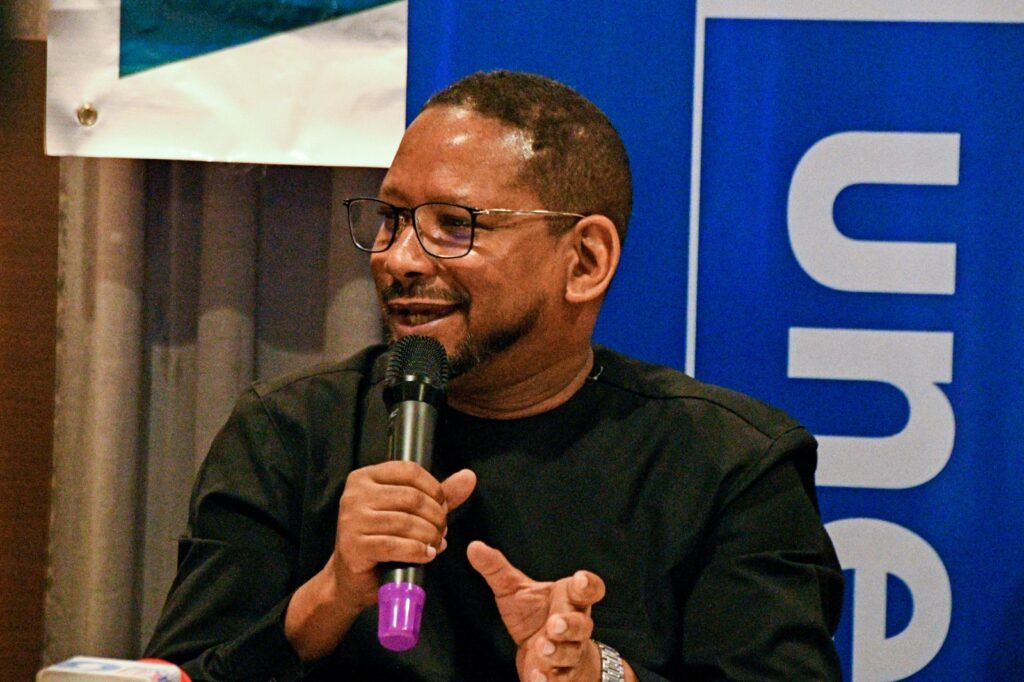
According to Mr. Diallo, so many challenges are hindering Nigeria from attaining the SDGs, which included Goal 4 targeted at quality education.
He further called for more investments in Nigeria’s education sector to Attain the Sustainable Development Goals (SDGs) agenda of 2030.
made the
“We have about six years to the time limit of achieving the SDGs. We are not there yet because the challenges are very high. The population is increasing, we have the problem of access, there is increasing number of out of school children. We need to accelerate investments, because the government cannot do it alone, and in the spirit of the SDGs, we need the private sector, Civil Society Organisations, everybody to be involved”.
He added that as a fall out from the workshop, a curriculum Community of Practice (COP) would be developed to ensure that knowledge gained and ways of curricula development could be cascaded to necessary quarters.
Speaking on behalf of the Nigerian Government, the Director, Technology and Science Education Department, at the Ministry of Education, Dr. Muyibat Olodo, said the Nigerian government would sustain curriculum review and update, to meet up with emerging demands across the globe.
Nothing that education is key to the development of any nation.
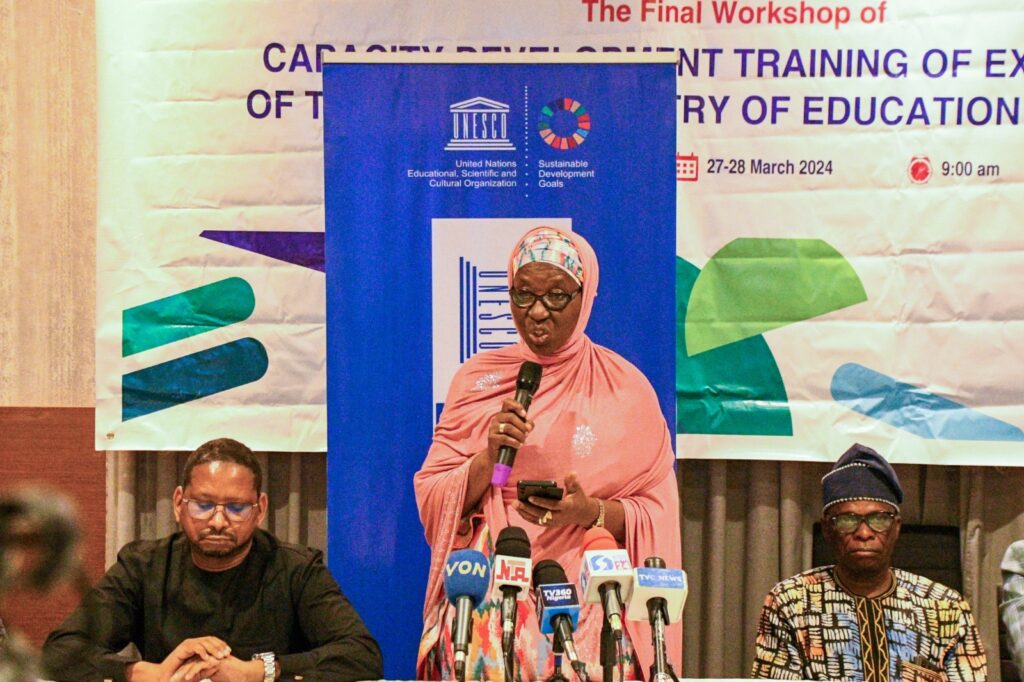
She also stressed that education can only address the desired goal when the right curriculum is delivered to the citizens .
“In developing the curriculum, you have to take into consideration what the society wants, the employer’s needs, what the individual wants for gainful employment, which review of the curriculum is very important. The people going to develop the curriculum also need to know what is required globally to deliver an efficient curriculum for the education sector,’’ she said.
The Director, Nigerian Educational Research and Development Council (NERDC) Centre, Dr Garba Gandu, who spoke on behalf of the participants, said the training would translate into finding ways to update schools’ curriculum. Adding that that the council would collaborate with relevant stakeholders to ensure best practices for curriculum cycle from planning to implementation.
At the workshop, it was recommended that the Ministry of Education should engage state and local stakeholders of education in consequent capacity development on curriculum.
“FME should ensure effective monitoring of teachers on the implementation of the curriculum implementation in Nigeria.
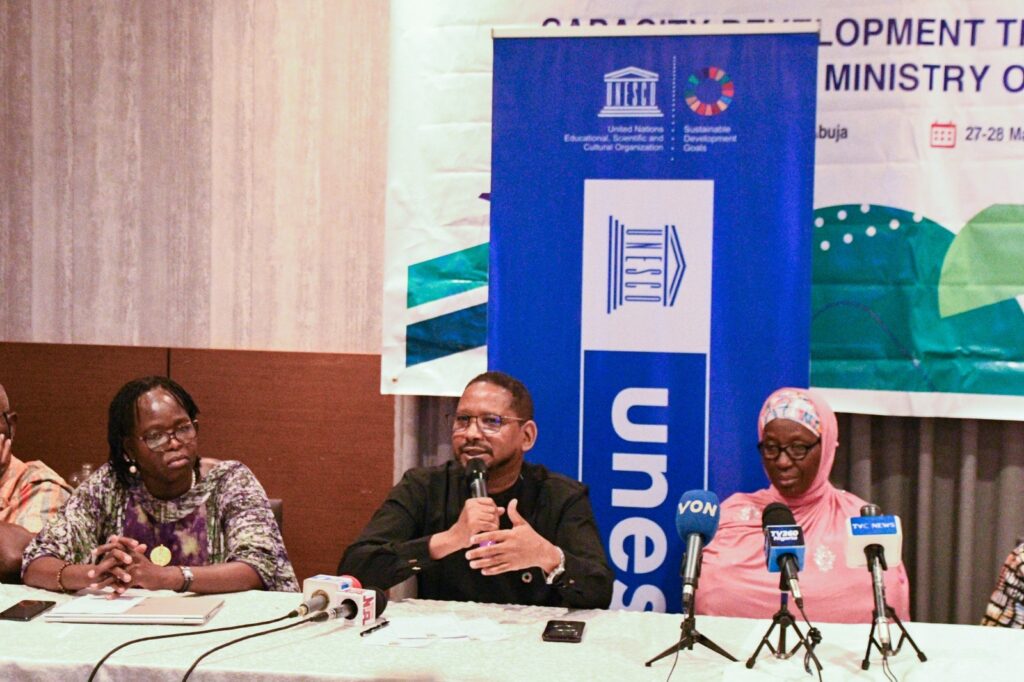
“FME should encourage the sensitisation and advocacy on issues affecting the implantation of curriculum, foster industrial support and resource allocation for the establishment and sustenance of Community of Practice in Nigeria.
And UNESCO-IBE should offer continuous technical support to the Community of Practice in Nigeria for effective implementation of the curriculum and sharing of best practices on curriculum”.
The training which ook place in eight modules, began in May and had been in three phases, both physically and virtually, with forty nine participants.
The course of adding that her organisation deliberated on policy dialogue and formulation, curriculum change, design, development, curriculum governance, evaluation, among other concerns.


